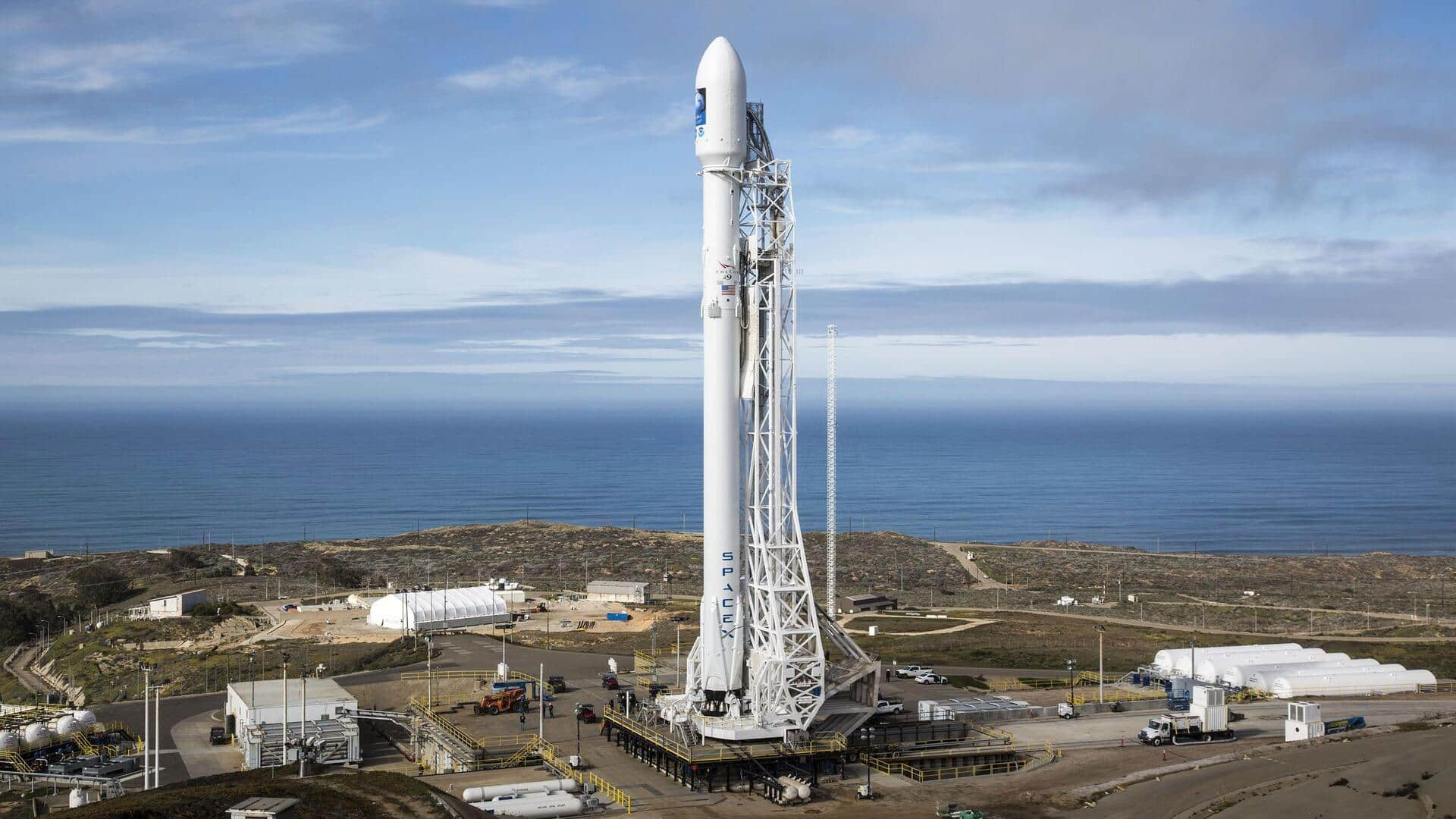
SpaceX Falcon 9 cleared for takeoff despite FAA's ongoing investigation
What's the story
The US Federal Aviation Administration (FAA) has given SpaceX the green light to resume flights with its Falcon 9 rocket. This decision comes while an investigation into a recent anomaly during a Starlink mission is still underway. The approval was granted on Friday, following a request from SpaceX the previous day. The FAA has stipulated that flights can recommence "provided all other license requirements are met."
Grounding details
FAA grounded Falcon 9 after landing failure
The FAA had grounded the Falcon 9 on Wednesday, following a failed attempt to land back on Earth during a routine Starlink mission. This incident marked the second grounding of the rocket this year. Despite hitting its landing target — a SpaceX droneship in the Atlantic Ocean — the rocket was unable to remain upright after touchdown, as seen in SpaceX's launch livestream.
Mission impact
Reliability and upcoming missions
The Falcon 9, a rocket heavily relied upon by the US for launching satellites and humans into space, has been grounded only twice since 2016. The previous grounding occurred in July due to a second-stage failure in space, resulting in the loss of several Starlink satellites. Despite these setbacks, SpaceX plans to use Falcon 9 for two NASA astronauts' launch in late September on a Crew Dragon spacecraft that will bring home Sunita Williams and Barry Willmore next year.
Launch frequency
Falcon 9's role in SpaceX's launch frequency dominance
Since its first launch in 2010, SpaceX has built a substantial fleet of reusable Falcon boosters. This has enabled the company to significantly outpace its competitors in terms of launch frequency. However, a planned Starlink mission from SpaceX's other launch site in southern California was postponed following Wednesday's landing failure.
Mission delay
Grounding could delay Polaris Dawn mission
The grounding of Falcon 9 could potentially delay SpaceX's high-profile Polaris Dawn mission, which aims to conduct the first private spacewalk with four private astronauts. The Polaris mission had already faced several delays, with the most recent one due to adverse weather conditions. The mission is also set to be launched atop the Falcon 9 rocket.